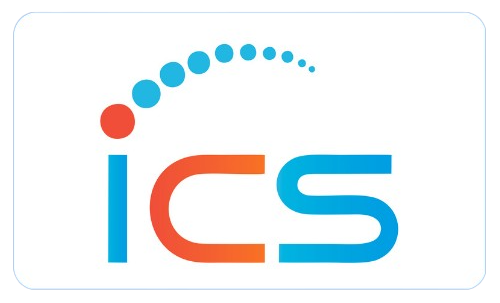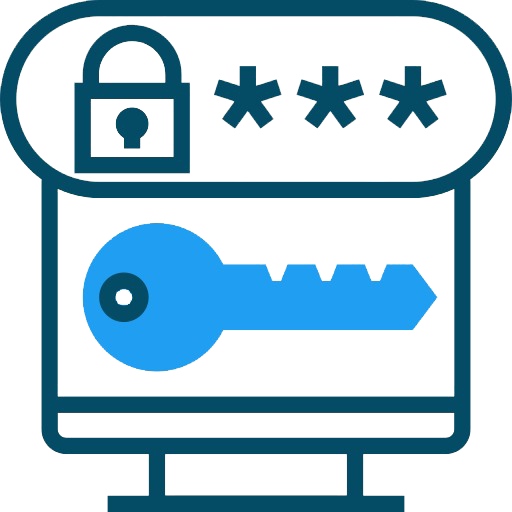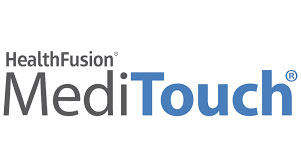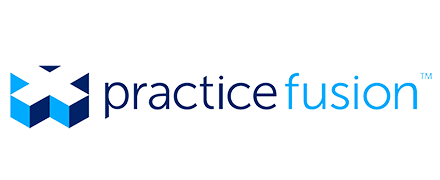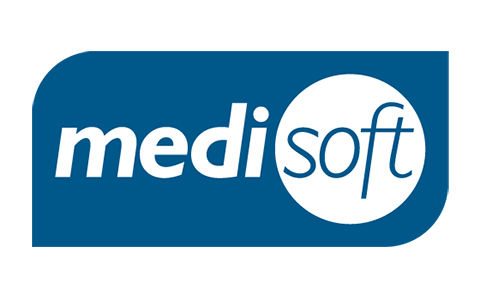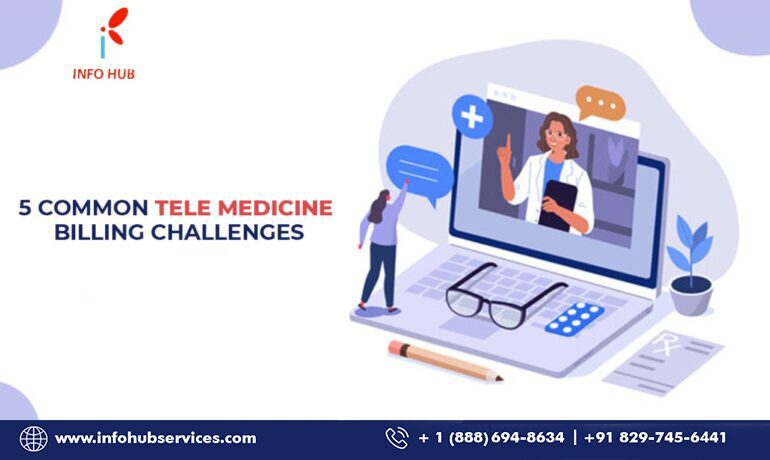Since the outbreak of COVID, the usage of telehealth services has exploded as a viable means of accessing and delivering care. From expanding the types of cases, to a rapidly growing number of digital devices that cover multiple patient care needs, the telehealth business continues to extend its range of solutions. However, as telehealth services have grown in popularity, new problems have evolved in the fields of licensing reimbursement, acceptance, EMR integration, and accessibility of health and awareness.
Lack of Paperwork Checking
Some of the most common reasons for telemedicine claim denials when charging insurance companies and government payers include:
- Insurance does not cover this service
- The person is not covered by the policy anymore
- The provider is not in the network
- A pre-authorization was necessary
- Incorrect information, such as the person’s name, ID number, or date of birth
In a clinic or office, these are all fairly simple denials to avoid because front office employees may check all of this data well before the patient visits. Patients are frequently asked to fill out or double-check personal information, copy new insurance cards, and complete insurance verifications over the phone or through computer systems. When dealing with telemedicine, providers risk having most of these checks undone. Instead, the patient could go to an online site and fill out their own information before being examined by a therapist. Typos, confusion about the information, and plain deception can all cause the payment to be delayed.
No Clarity on Coverage
One of the most significant obstacles to reimbursement in telemedicine is that payers have yet to catch up to the trend. Telemedicine visits are not covered by all commercial insurance plans, and Medicaid coverage varies by state. Providers must utilize the correct procedure code, a GT modifier to indicate that the service was provided via interactive video conference, and the correct service code location.
Because one of the benefits of telemedicine is that businesses, clinics, and hospitals may tap on the knowledge of doctors throughout the country, it may take some time to set up billing systems that can handle many states.
Absence of Sufficient Data for Care Continuity
A failure of platform integration might also cause care to be interrupted. If a patient is given telemedicine from one provider but switches to another for the next e-visit, the other physician may not have all of the information required to diagnose the patient’s illness. This of course creates confusion in the billing with incorrect information being fed in, and consequently failure of full reimbursement.
EMR
Integrating Electronic Medical Records (EMR) with telehealth technologies is typically expensive and time-consuming. Due to a lack of integration, double documentation is required, that is not only time intensive but also offers possibility for error and unhappiness among employees. To accomplish HIPAA compliance and ensure the security of sensitive data, the most highly secure exchange methods must be implemented. As telehealth expands, new systems of care must ensure that communication between physicians and patients is maintained or improved, relationships are strengthened, and healthcare effectiveness and efficiency are improved.
Reimbursement
One of the most significant telehealth issues has been CMS and commercial payers’ restricted reimbursement options and amounts, especially in comparison to conventional on-site consultations. Payment parity rules have been established in 28 states, however there is no enforcement mechanism in place. During the pandemic, the Centers for Medicaid and Medicare Services increased reimbursement, but the longevity of this temporary modification is unknown. It is reasonable to predict that advantages, insurance, and payment for Telehealth services will continue to expand as consumerism takes centre stage and proof of the advantages of telehealth services accumulates. CMS and other payers are expected to continue to make a growing number of claimable codes available.
The advantages of telehealth greatly outweigh the challenges of implementing the technology. Info Hub Consultancy Services (ICS) is built on enabling clinicians to overcome such obstacles and make easy, patient-centered care more accessible. We have a team of professionals ready to assist in developing a successful telehealth programme that puts you on the cutting edge of the healthcare industry’s future. Our reimbursement experts at Info Hub Consultancy Services can assist clients with reimbursement process for telemedicine. ICS, a leading offshore medical billing company has a team of technical professionals available to assist clients with the implementation of partial or complete integration into their EMR systems, resulting in increased efficiencies and less work for our clients.
